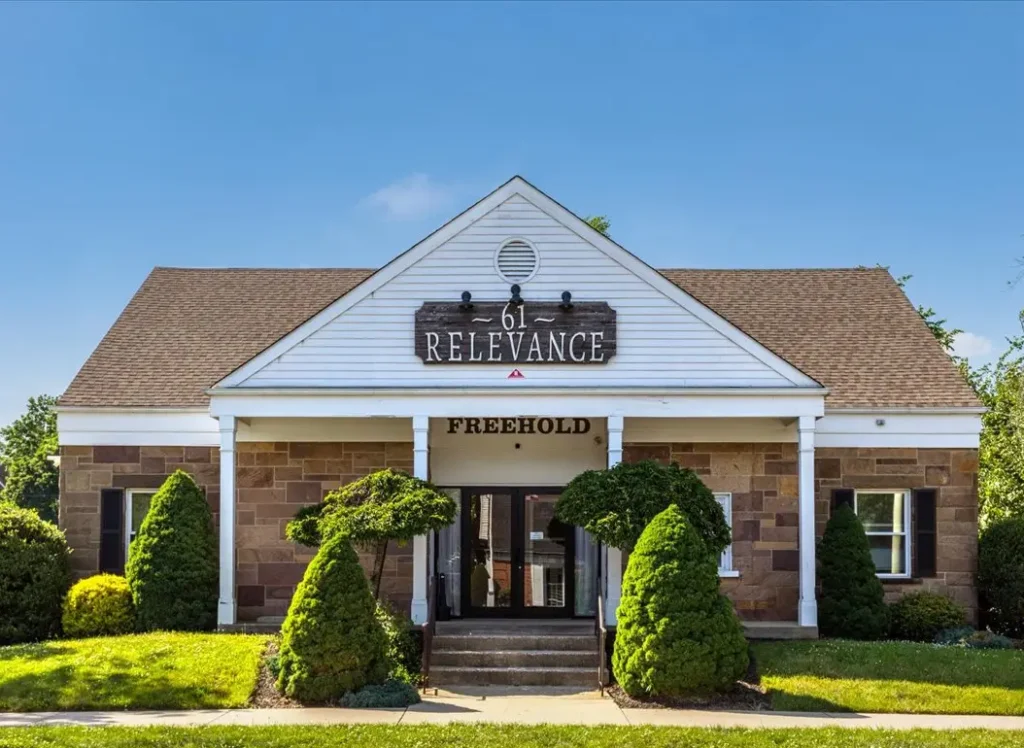A psychiatric evaluation is a structured and comprehensive process designed to understand an individual’s mental health needs, identify underlying conditions, and determine the most effective treatment approach. In New Jersey, this process often begins with an initial consultation, where a licensed mental health professional gathers essential background information and discusses the individual’s concerns. Clients may be asked about their current symptoms, stressors, medical history, and any recent life events that may be contributing to emotional or behavioral changes. This first step helps establish a foundation for accurate assessment and builds trust between the individual and evaluator.
Following the initial interview, the evaluation typically moves into more detailed assessments. This may include psychological questionnaires, behavioral screenings, cognitive tests, and a review of medical records or previous treatment notes. In some cases, family members or close contacts may be asked to provide input, especially when evaluating adolescents or individuals with severe symptoms. In New Jersey, clinicians must also consider factors such as environmental stress, substance use, and any legal involvement, as these can influence mental health and treatment decisions.
A key component of the psychiatric evaluation process is differential diagnosis—the careful process of distinguishing between similar symptoms that may indicate different conditions, such as anxiety versus trauma-related disorders, or mood disorders versus substance-induced symptoms. The clinician evaluates patterns of behavior, duration of symptoms, and how they impact daily functioning. For individuals in New Jersey, this process may also involve coordination with primary care providers, schools, or legal professionals to ensure a comprehensive and accurate understanding of the individual’s needs.
Once the evaluation is complete, the mental health professional provides a diagnosis and personalized treatment recommendations. This may include therapy, medication management, lifestyle changes, crisis intervention services, or referrals to specialized programs within New Jersey’s behavioral health system. The evaluator will also discuss the next steps, answer questions, and ensure the individual understands the proposed treatment plan. A thorough psychiatric evaluation not only guides clinical care—it empowers individuals to access the right support, make informed decisions, and take meaningful steps toward emotional wellness and long-term recovery.





































